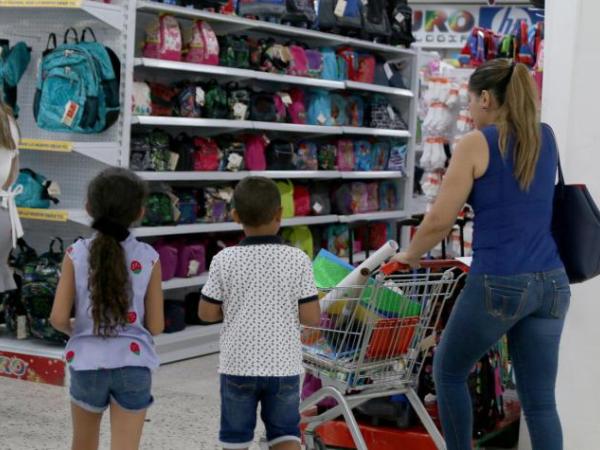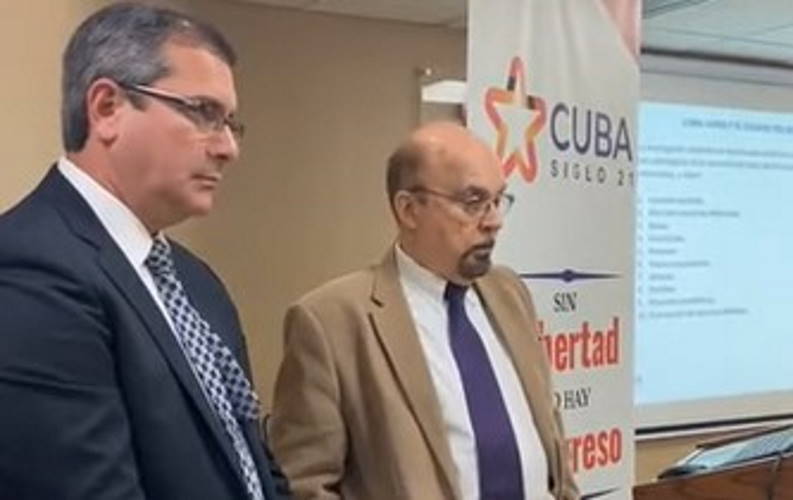parents they will pay between 15% and 18% more than a year ago for school supplies, according to investigations by Fenalco. This means that the average investment for this season is close to $350,000, not including texts or books.
(Read: This would be household consumption for this 2023 with high inflation).
The businessmen, who are linked to businesses related to stationery and the sale of school supplies affiliated to the union in this part of the country, say that the increase in the dollar, inflation, the worldwide shortage of raw materials, cost overruns in transportation and pressures about the logistics environment have directly impacted the manufacture, distribution and marketing of school supplies.
For the Stationery Sector Committee, “costs to our industry are up 35-43% from the school season a year ago. However, the final consumer sees an increase between 15% and 18% reflected, consistent with the inflation we are experiencing”.
(Also: Signs of a slowdown?: household spending fell at Christmas).
The amount of $350,000 that families will invest is an averagebut the expense will depend on the number of products, the brand and the place where they are purchased.
For preschool it could be around $360,000, for primary school $222,000 and for high school the level of spending could be an average of $412,000.
Given the alerts about excessive increases, Fenalco Bogotá Cundinamarca called on parents to buy recognized brands in trusted places.
Juan Esteban Orrego, director of the Guild in Bogotá and Cundinamarca, affirmed that “You should be wary of school supplies that are priced well below the average, and that are generally sold on the street, since in many cases they end up being counterfeit products, contraband and made with materials of dubious origin”.
(Keep reading: Be careful: by law you cannot be asked for these school supplies in 2023).
school supplies that most counterfeit are pencils, colors, pens, markers, followed by notebooks and plastic folders. In addition, this practice represents losses of up to 25% for legal stationers and a decrease of up to 80% in the performance of the products.
The union leader added that “they are products that do not have a minimum quality control, so citizens are deceived when buying a pencil that they expect to be useful, but in reality it comes with a broken lead, that falls apart or that it only comes to the half; School supplies contaminated with lead, or with high levels of Phthalates, a chemical and plasticizer that in countries like the United States was prohibited for the manufacture of items for babies and children, have even been detected.
BRIEFCASE















